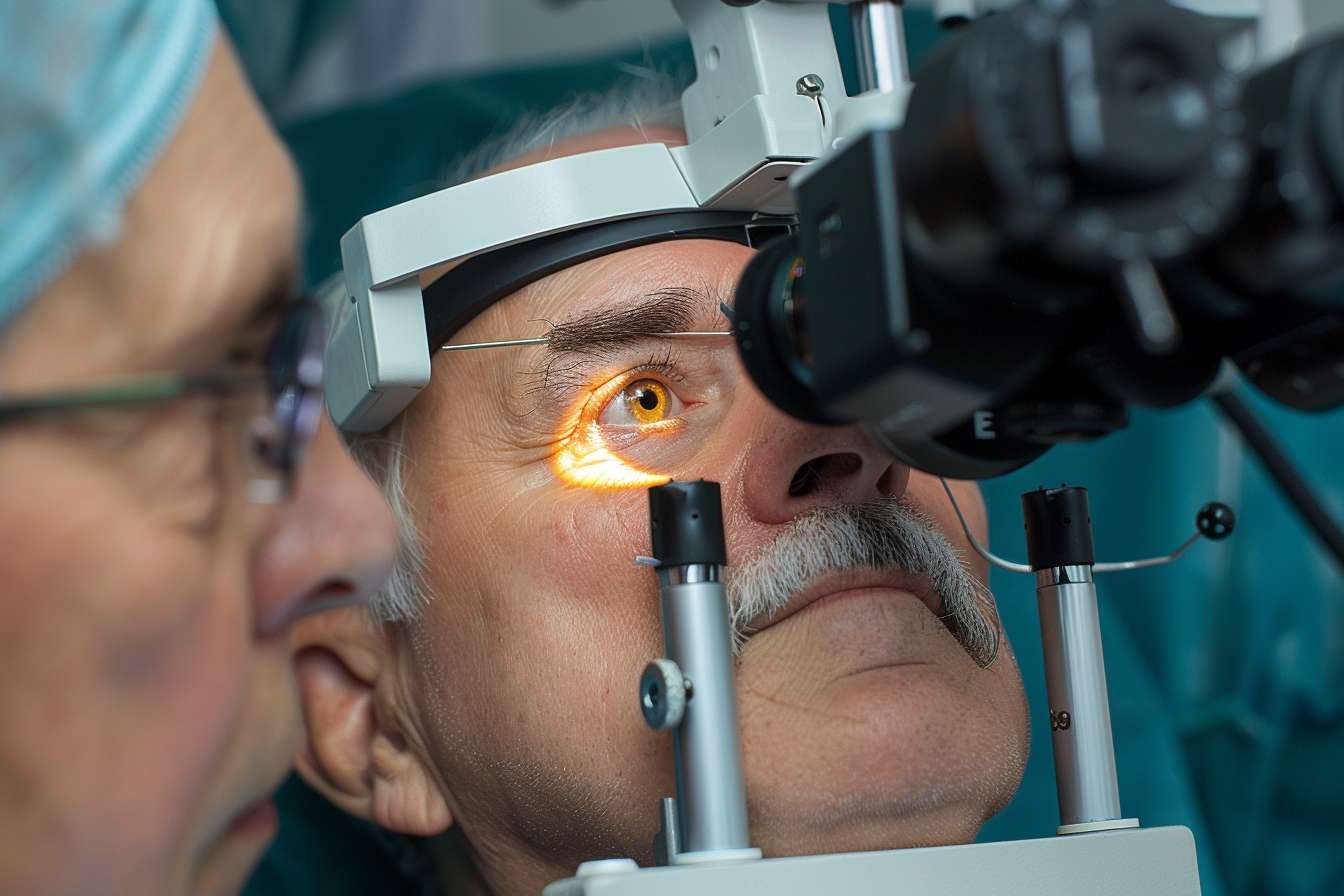Macular Degeneration: Symptoms, Treatments, and Management Strategies
Macular degeneration is a progressive eye condition that affects millions of people worldwide, particularly those over the age of 50. This complex disorder targets the macula, the central part of the retina responsible for sharp, detailed vision. As the disease advances, it can significantly impact a person's ability to perform everyday tasks such as reading, driving, and recognizing faces. Understanding the nuances of macular degeneration is crucial for early detection and effective management.

What are the key symptoms of macular degeneration?
Recognizing the symptoms of macular degeneration is vital for early intervention. Initially, the signs may be subtle and easily overlooked. Common indicators include:
-
Blurred or fuzzy central vision
-
Difficulty seeing fine details, both up close and at a distance
-
Straight lines appearing wavy or distorted
-
Dark or empty areas in the center of vision
-
Trouble adapting to low light conditions
-
Decreased color intensity or brightness
It’s important to note that these symptoms often develop gradually and may not be noticeable in the early stages. Regular eye exams are crucial for detecting macular degeneration before significant vision loss occurs.
How do Anti-VEGF treatments work for macular degeneration?
Anti-VEGF (Vascular Endothelial Growth Factor) treatments have revolutionized the management of wet macular degeneration. These medications work by targeting and inhibiting the growth of abnormal blood vessels in the retina, which are responsible for the progression of the disease. The treatment involves injecting the medication directly into the eye, typically on a monthly or bi-monthly basis.
Common Anti-VEGF medications include:
-
Aflibercept (Eylea)
-
Ranibizumab (Lucentis)
-
Bevacizumab (Avastin)
These treatments have shown significant success in slowing disease progression and, in some cases, even improving vision. However, they require ongoing administration and close monitoring by an eye specialist.
What are the available treatment options for macular degeneration?
While there is no cure for macular degeneration, several treatment options can help manage the condition and slow its progression:
-
Anti-VEGF Injections: As mentioned earlier, these are primarily used for wet macular degeneration.
-
Photodynamic Therapy: This involves injecting a light-sensitive drug into the bloodstream and then activating it with a laser to destroy abnormal blood vessels in the eye.
-
Laser Therapy: In some cases, high-energy laser light may be used to destroy actively growing abnormal blood vessels.
-
Nutritional Supplements: Specific combinations of vitamins and minerals, known as AREDS and AREDS2 formulations, have been shown to slow the progression of certain types of macular degeneration.
-
Low Vision Aids: Various devices and technologies can help individuals with advanced macular degeneration perform daily tasks and maintain independence.
How can macular degeneration be managed effectively?
Effective management of macular degeneration involves a multi-faceted approach:
-
Regular Eye Exams: Frequent check-ups allow for early detection and timely intervention.
-
Lifestyle Modifications: Quitting smoking, maintaining a healthy diet rich in green leafy vegetables and fish, and protecting eyes from UV light can help slow disease progression.
-
Home Monitoring: Using an Amsler grid to regularly check for changes in vision can help detect progression early.
-
Adherence to Treatment: Following the prescribed treatment plan, including regular injections if necessary, is crucial for managing the condition.
-
Emotional Support: Dealing with vision loss can be challenging. Support groups and counseling can provide valuable emotional assistance.
What medical approaches are used for slowing macular degeneration progression?
Medical approaches to slow the progression of macular degeneration are continually evolving. Current strategies include:
-
Anti-VEGF Therapy: As previously discussed, this is the primary treatment for wet macular degeneration.
-
Antioxidant Supplementation: The AREDS and AREDS2 formulations have shown effectiveness in slowing progression in intermediate to advanced dry macular degeneration.
-
Blood Pressure Management: Controlling hypertension may help reduce the risk of developing wet macular degeneration.
-
Cholesterol-Lowering Medications: Some studies suggest that statins may have a protective effect against macular degeneration progression.
-
Experimental Treatments: Research is ongoing into new therapies, including stem cell treatments and gene therapy, which show promise for future management of the disease.
Macular degeneration remains a challenging condition, but with ongoing research and advancements in treatment options, the outlook for patients continues to improve. Early detection, proper management, and adherence to treatment plans are key to maintaining vision and quality of life for those affected by this condition.
This article is for informational purposes only and should not be considered medical advice. Please consult a qualified healthcare professional for personalized guidance and treatment.




